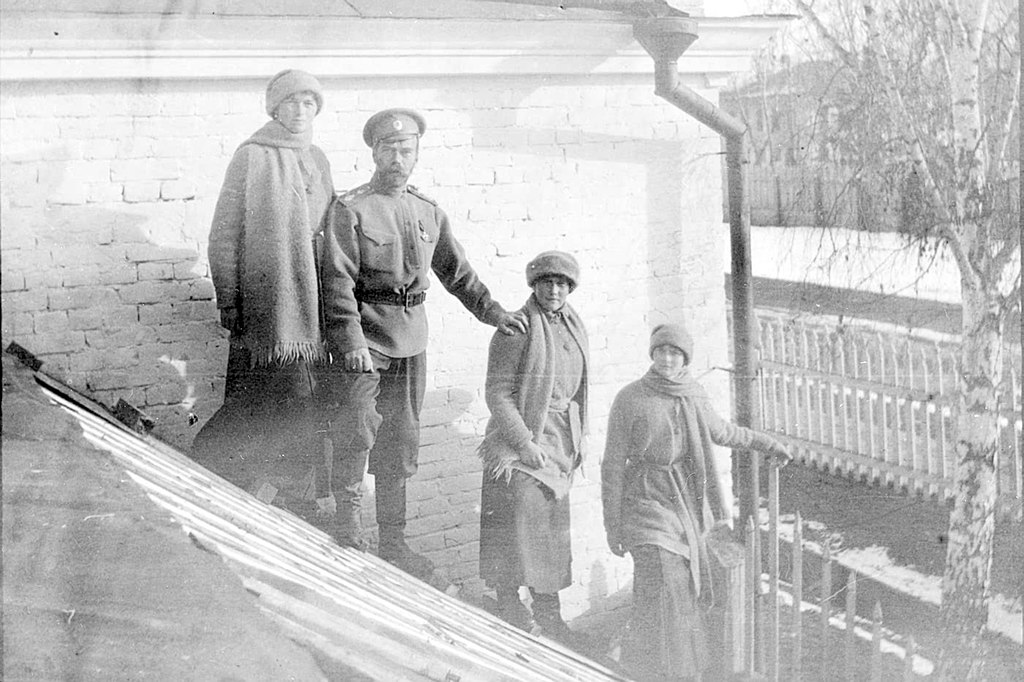Содержание:
Most likely you heard the name “Nevsky” in many locations of Saint Petersburg. But what do you really know about Alexander Nevsky who lived in 1220-1263? Today I suggest you getting in the history and learning more about his outstanding personality.
Early life
Speaking of his regalia, Alexander Yaroslavovich Nevsky was as Prince of Novgorod, Grand Prince of Kiev and Grand Prince of Vladimir. His name is closely related to the medieval Rus. Looking ahead, will say that in 1547 he was canonized as a saint of the Russian Orthodox Church.
He was born in Pereslavl-Zalessky and was the 2nd son of Prince Yaroslav Vsevolodovich. The first mentioning of Alexander dates back to 1228, when Yaroslav Vselodovich had a conflict with townspeople and had to leave to Pereslavl-Zalessky. Despite his departure, two of his sons — Feodor and Alexander stayed in Novgorod.
After Feodor’s death, Alexander became the oldest son of Yaroslav, and in 1236 Alexander got a title of the Knyaz (Prince) of Novgorod. In 1239 he married Alexandra — the Princess of Polotsk.
During the first years of his reign, Alexander had to strengthen Novgorod, as there was a treat of being attacked from the east. He built several fortresses on the Shelon river. He also worked on fortifying the western border of the country.
The moments of glory
In 1240 the Germans attacked Pskov county, while the Swedish invaders moved to Novgorod. At night on July 15th, Alexander with a small squad suddenly assaulted the Swedes at the Neva river and defeated them. The victory of this battle gave Alexander the sobriquet “Nevsky” and he gained great glory in the eyes of contemporaries. That Neva battle saved Novgorod from a full-scale invasion from the West.

In April 1242 there was the Battle of the Ice between Nevsky’s army and the Levonian Order. Alexander’s victory marked a significant moment in the history and stopped the invasions on Rus’ from the west for many years.
In 1262 when the Tatar Horde was about to move against Rus’, Alexander chose a different policy and met the Khan to ask him not to attack the country. Nevsky was a wise and strong politician whose role in Russian history is hard to underestimate.

Recognition
Peter the Great set the Memory day of Alexander Nevsky. The day of the Treaty of Nystad (September 10) also became the day of St Patron of St Petersburg.
The sovereign and nationwide importance of Alexander Nevsky raised when Peter the Great entered the war against Sweden to get the access to the Baltic Sea. Then the new capital of Russia was sanctified: already in 1724 the Emperor ordered to move the relics of Alexander Nevsky from Vladimir to Saint Petersburg. They were placed in the Annunciation Church of the Alexander Nevsky Lavra.
On 21 May 1725, the Empress Catherine I presented the Imperial Order of Saint Alexander Nevsky as one of the highest awards of that time.
When in St Petersburg, you are highly recommended to visit the Lavra as well as other sights related to the name of Alexander.


